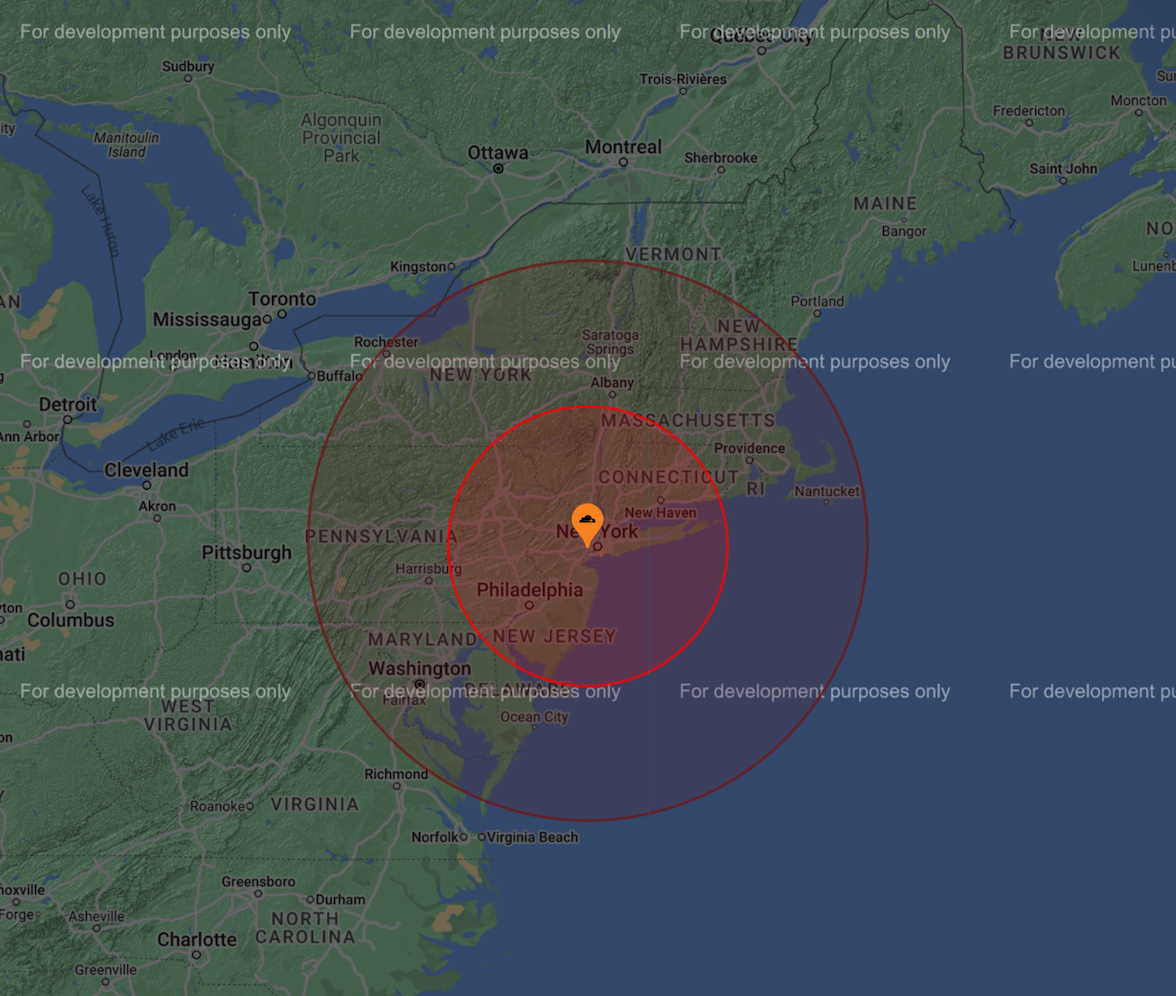cross-posted from: https://lemmy.ca/post/37638868 !privacy@lemmy.dbzer0.com
This affects Signal too
An issue with Cloudflare allows an attacker to find which Cloudflare data center a messaging app used to cache an image, meaning an attacker can obtain the approximate location of Signal, Discord, Twitter/X, and likely other chat app users. In some cases an attacker only needs to send an image across the app, with the target not clicking it, to obtain their location.
https://gist.github.com/hackermondev/45a3cdfa52246f1d1201c1e8cdef6117?ref=404media.co
Signal, an open-source encrypted messaging service, is widely used by journalists and activists for its privacy features. Internally, the app utilizes two CDNs for serving content: cdn.signal.org (powered by CloudFront) for profile avatars and cdn2.signal.org (powered by Cloudflare) for message attachments.



What are the advantages over pihole?
EDIT: https://docs.pi-hole.net/guides/dns/unbound/ this page has a good explanation
So Unbound is actually a very powerful validating, recursive and caching DNS resolver. So without relaying on Google DNS or ISP DNS, you can host your own Unbound recursive DNS server, which can do request to other DNS servers and even root-dns servers. You can even setup your own stub zones and forward zones (sorry this is too much details I know). And like I said it also has caching feature. I will soon create a blog post about Unbound as well on my https://blog.melroy.org site be sure to subscribe.
Here is a snipped of part of my config, feel free to use it however you want:
# Serve stale data serve-expired: yes serve-expired-ttl: 86400 # one day, in seconds serve-expired-client-timeout: 500 # 500ms # Increase caches for better performance msg-cache-slabs: 4 rrset-cache-slabs: 4 infra-cache-slabs: 4 key-cache-slabs: 4 rrset-cache-size: 300m msg-cache-size: 150m outgoing-range: 200 num-queries-per-thread: 100You can use both. Unbound is a validating, recursive, caching DNS resolver.
You can setup Unbound to be a self hosted DNS solution, and point PiHole to use your Unbound.
Source: Unbound
Okay but what are the advantages of doing this?
Do you know what DNS does?
If you don’t, essentially is what translates IP addresses to hostnames.
So what having unbound would do is allow you to do DNS lookup locally.
Um… yes I understand what DNS does. Really?
I’m not trying to challenge you in any way. My disconnect in understanding is what unbound does and why I would want to use it over the built-in pihole FTLDNS. What are its advantages?
EDIT: I’ve answered my own question, unbound queries root name servers directly instead of using DNS providers. This is interesting. New question, what is the advantage of being my own DNS provider? Privacy from my ISP (who can just see the IPs that I am connecting to, anyway)?
I wasn’t trying to be short or condescending either. Just relaying what I know.
It is another layer of privacy in some cases. Could protect against poisoning of I’m not mistaken, but don’t quote me.
I know for me, I prefer to self host things where I can so I can own as much of my own data as possible.